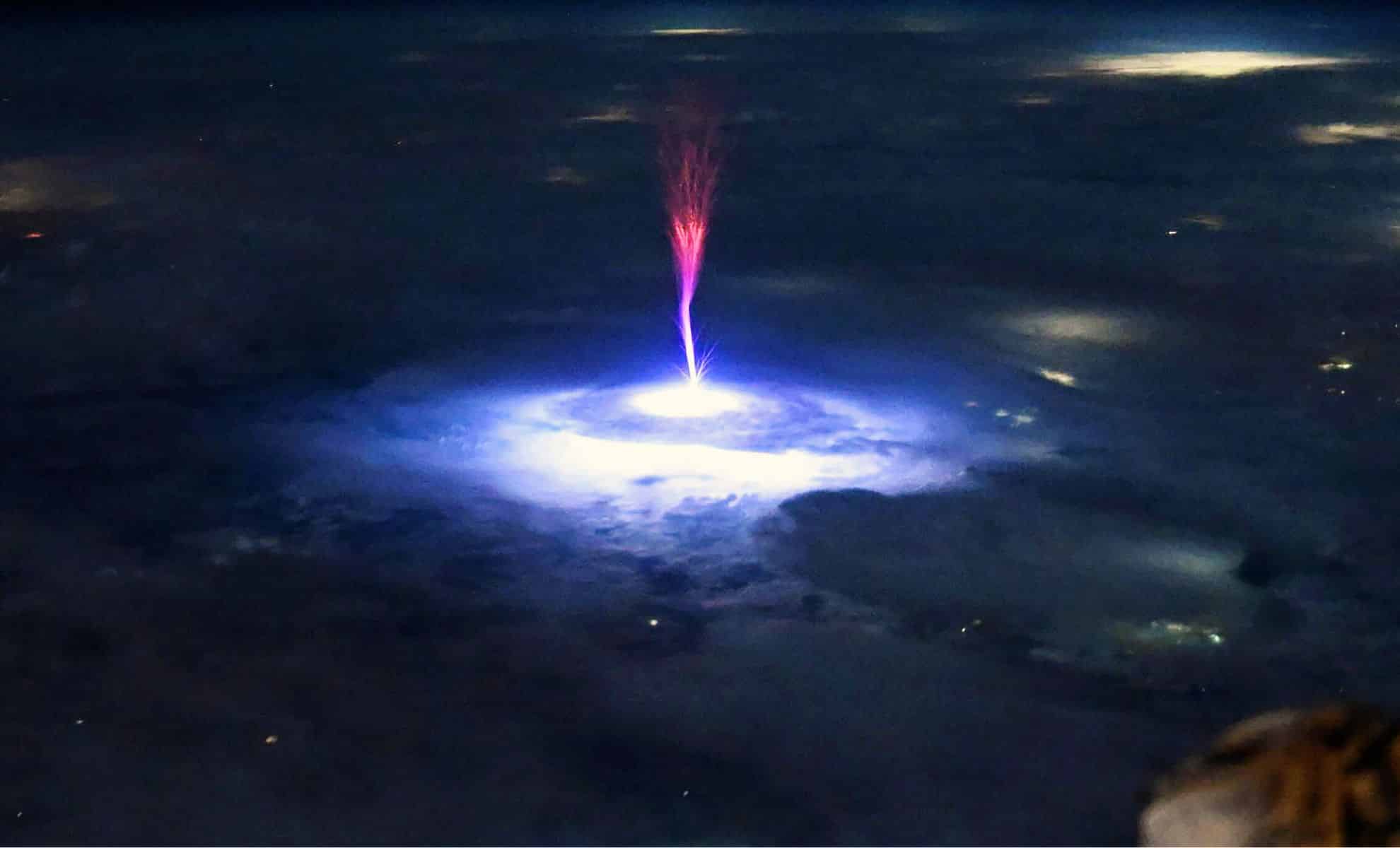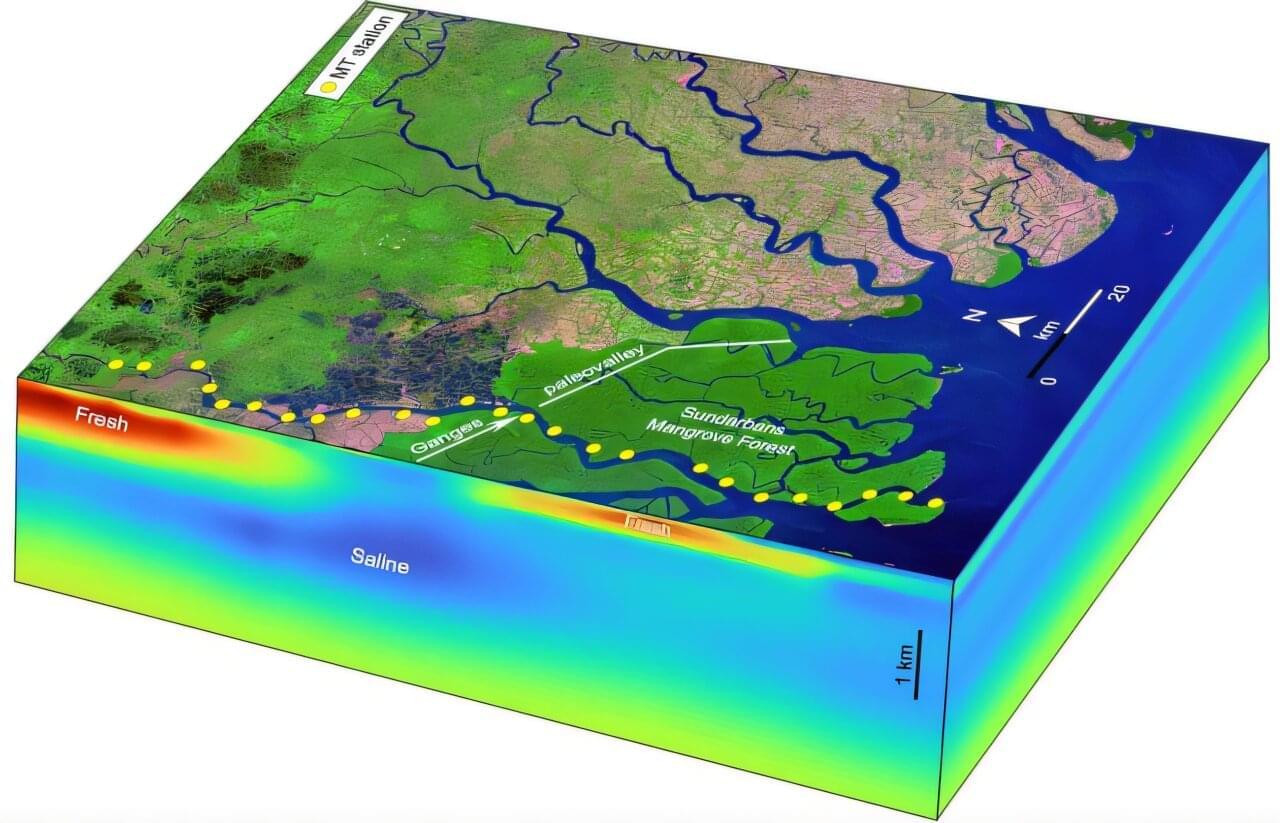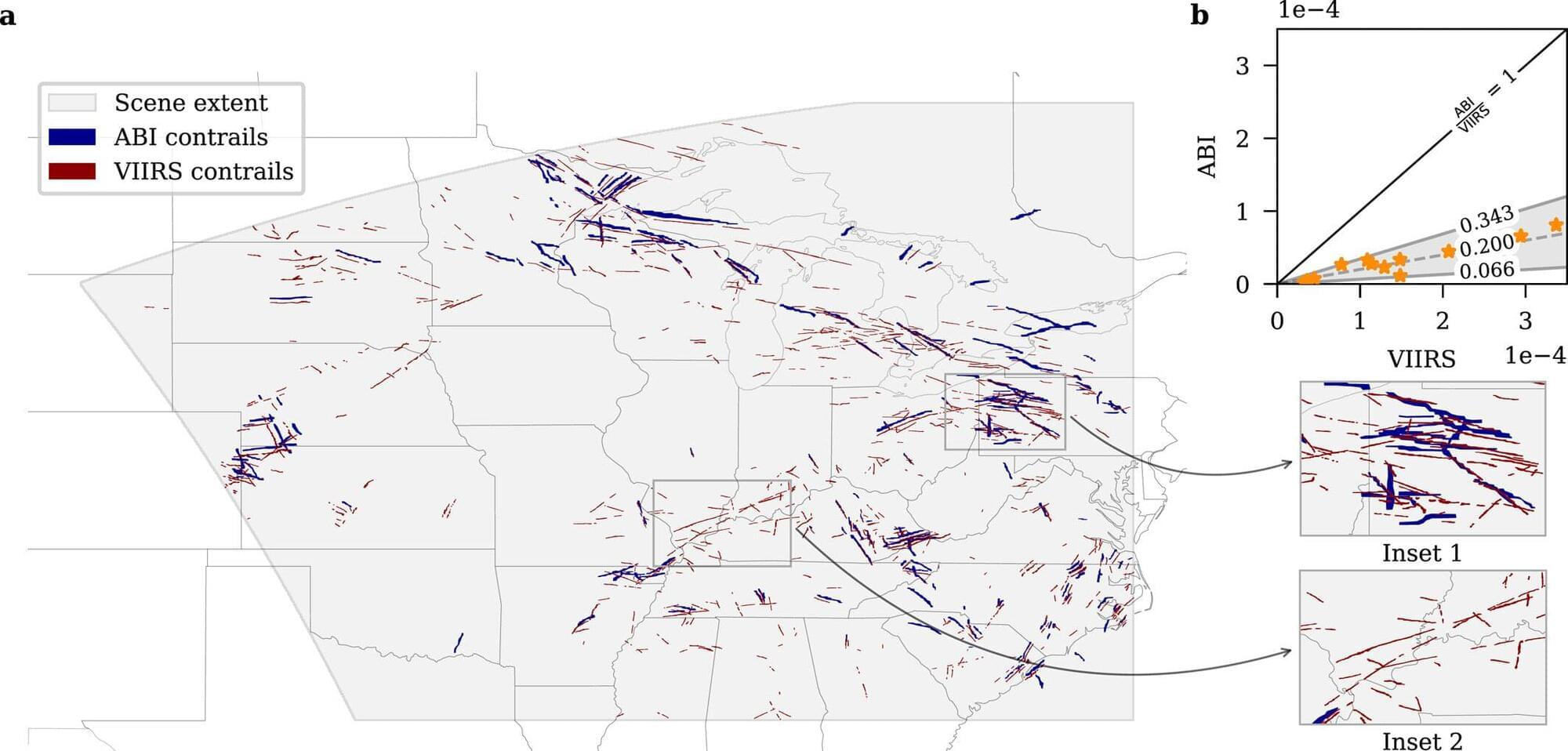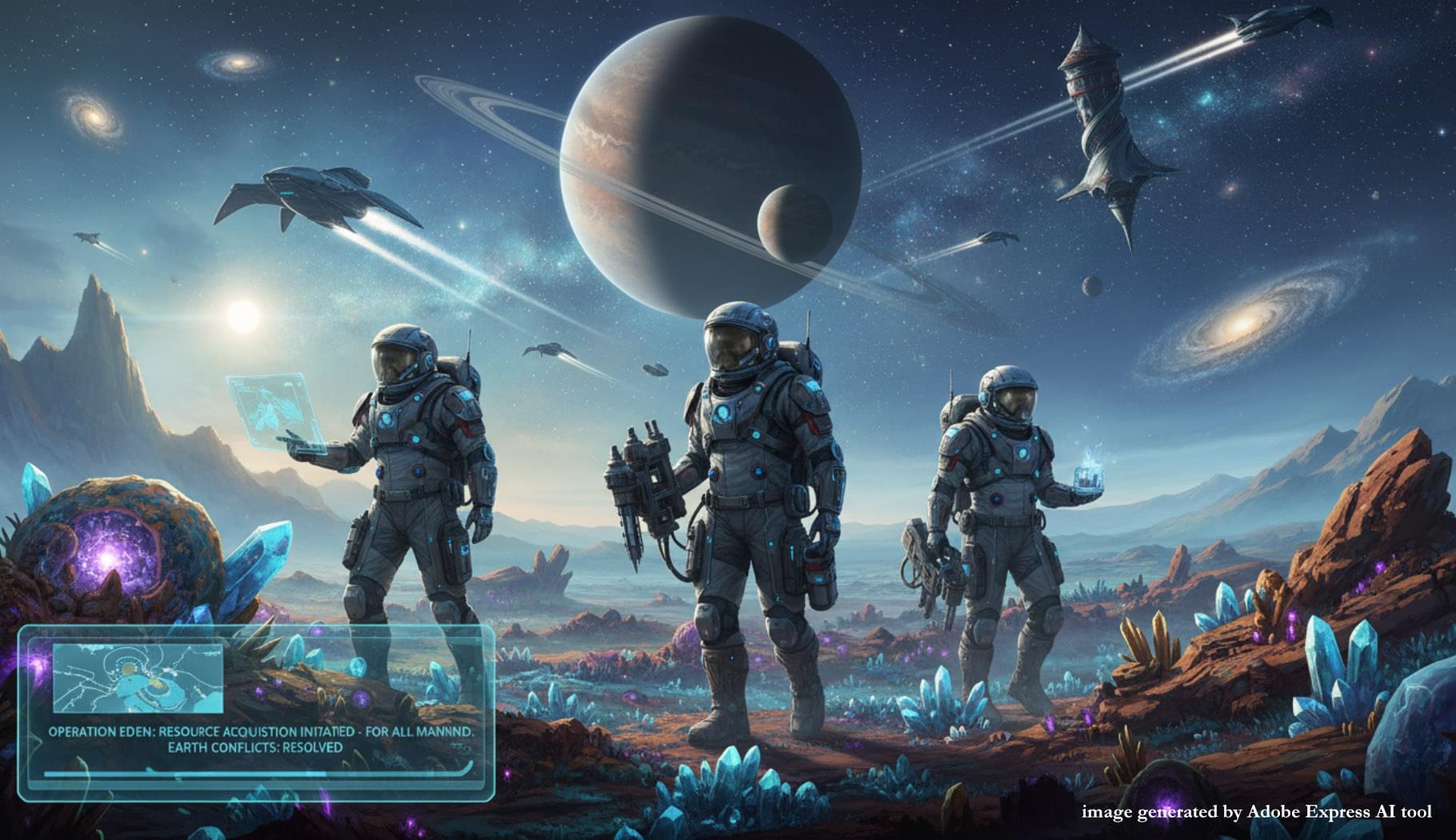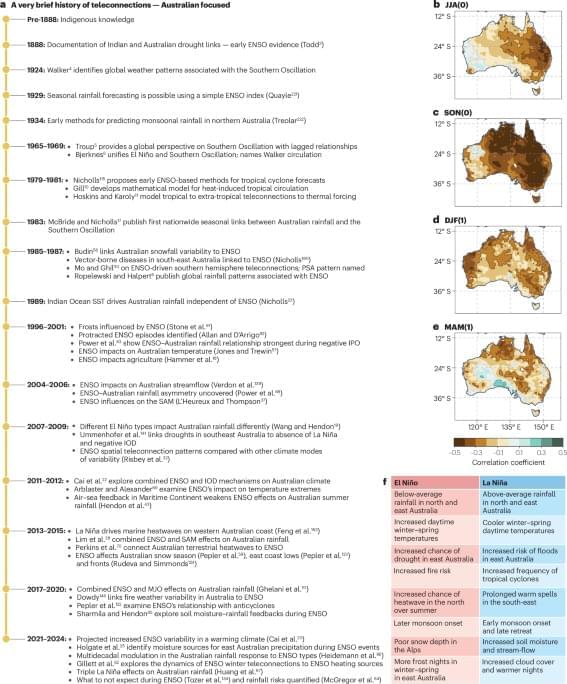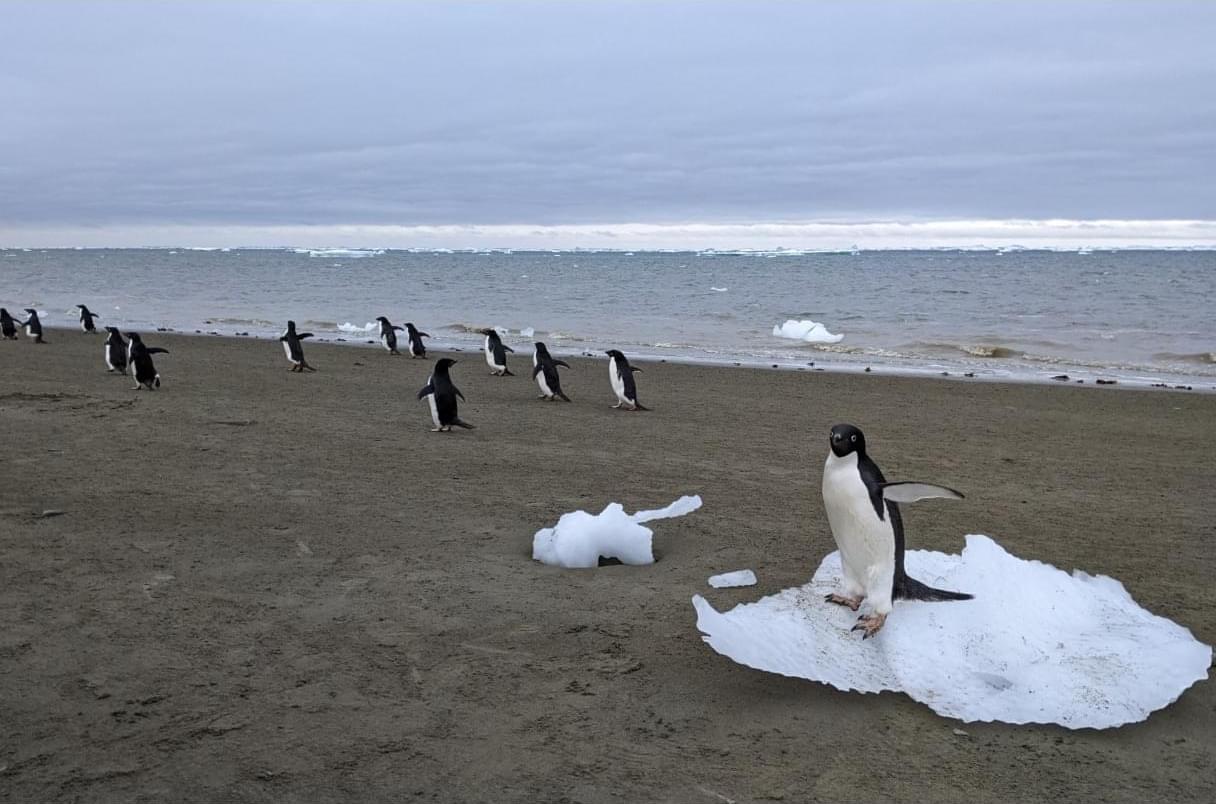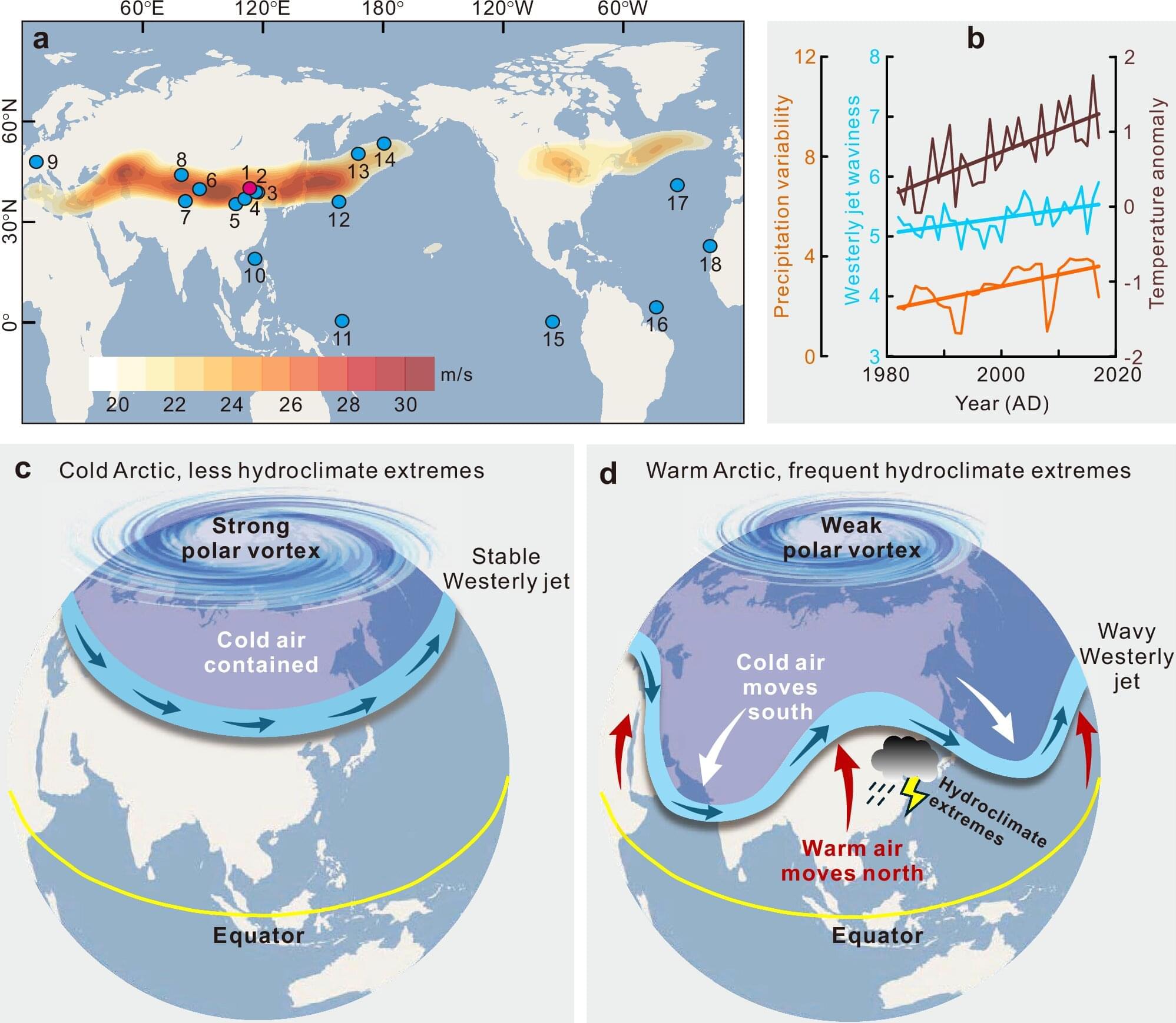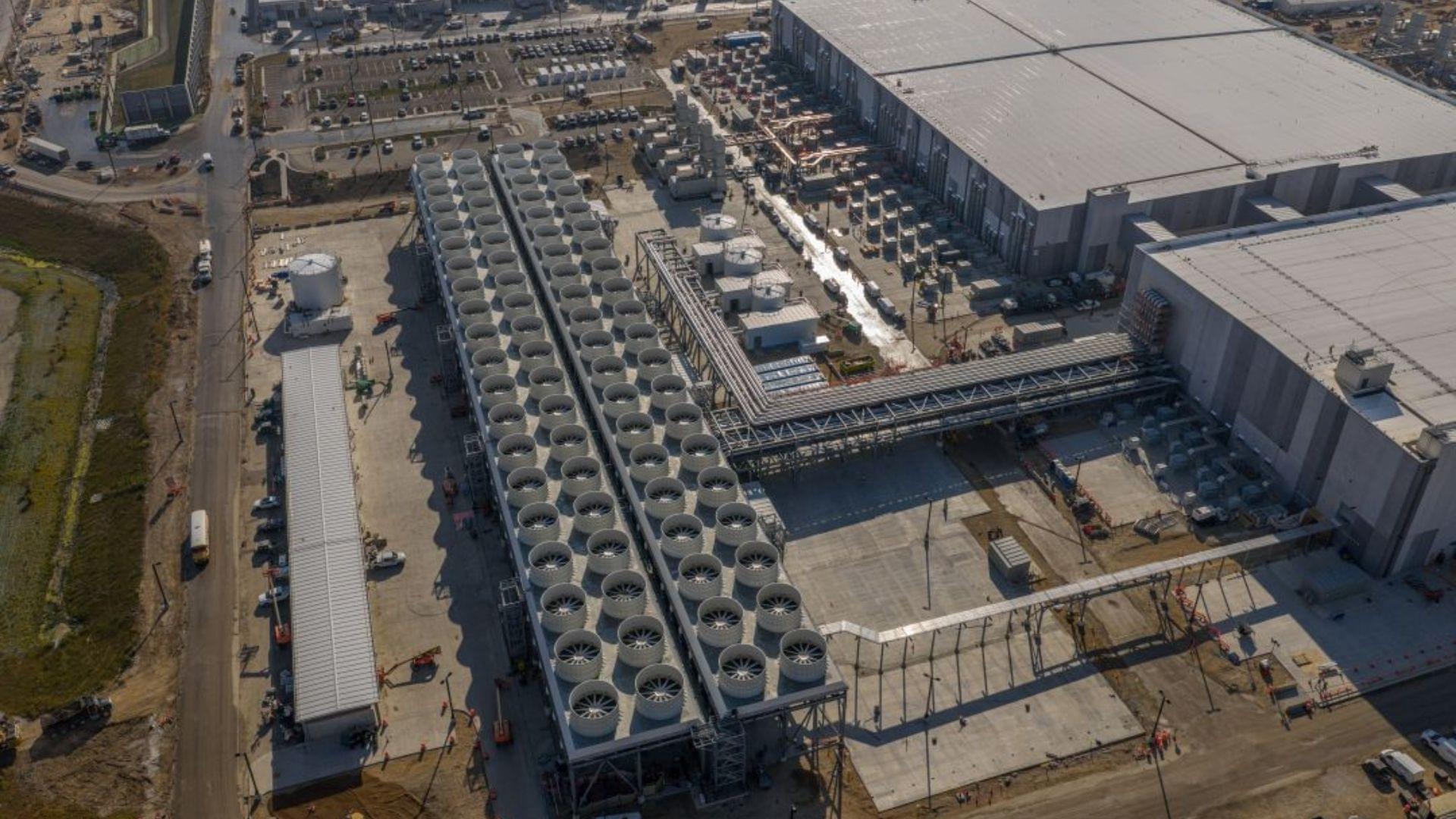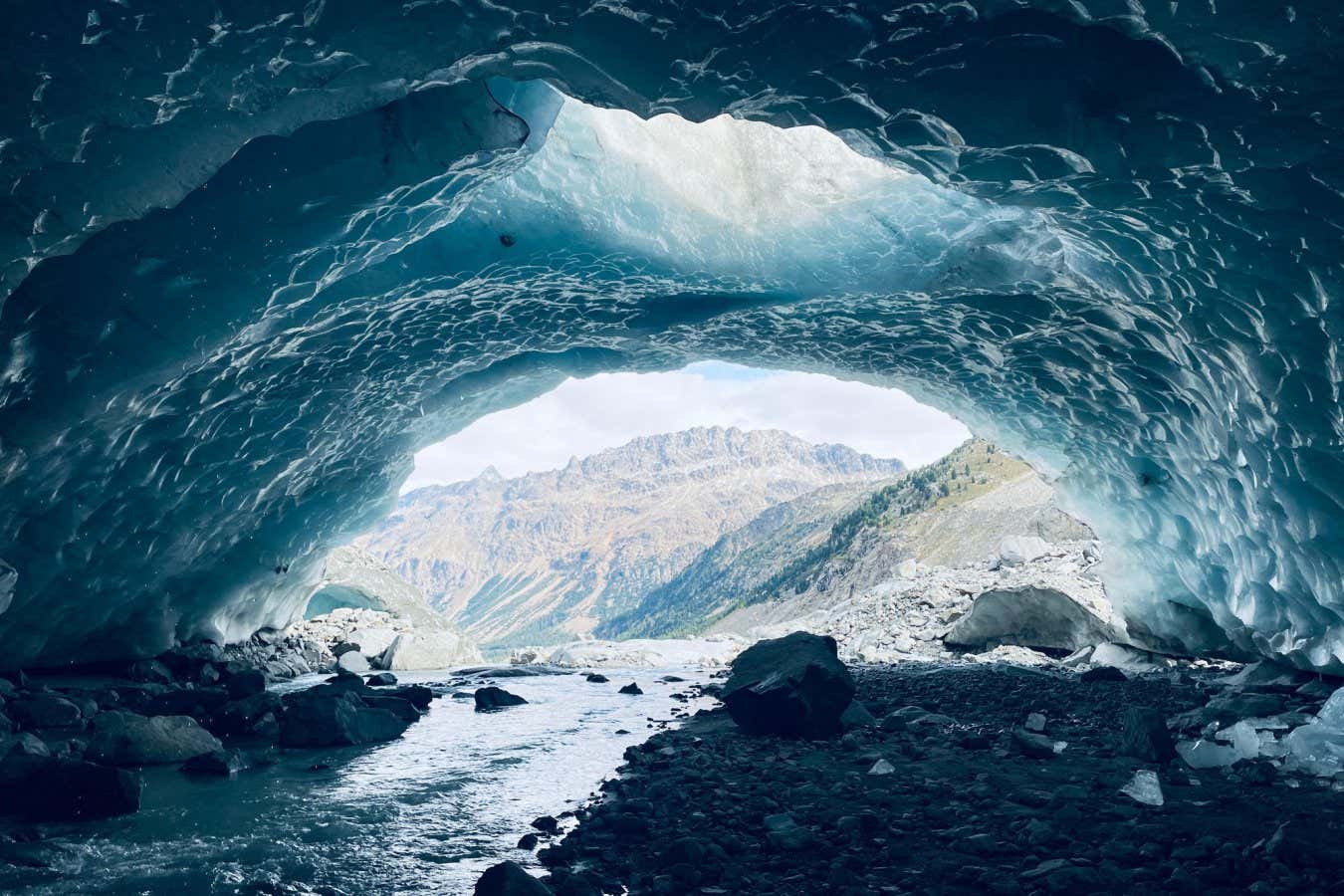⚙️ Q: What makes supersonic engines better than subsonic for ground power generation? A: Supersonic engines designed for 160°F operation at 60,000 ft and Mach 1.7 handle high ground temperatures without requiring water cooling, throttling, or water spray that subsonic engines need to avoid melting in hot conditions.
Deployment Timeline.
📅 Q: When will Boom’s engines start powering AI data centers? A: Boom’s supersonic engines are scheduled to begin providing power to AI customers in 2027, becoming the most tested new jet engine ever before carrying passengers.
Business Model.
💰 Q: How does powering data centers benefit Boom’s supersonic aircraft development? A: The symbiotic relationship creates a financial bridge where engines generate revenue from data center operations before deployment in commercial passenger aircraft, funding the experimental-to-commercial transition.
Environmental Considerations.
